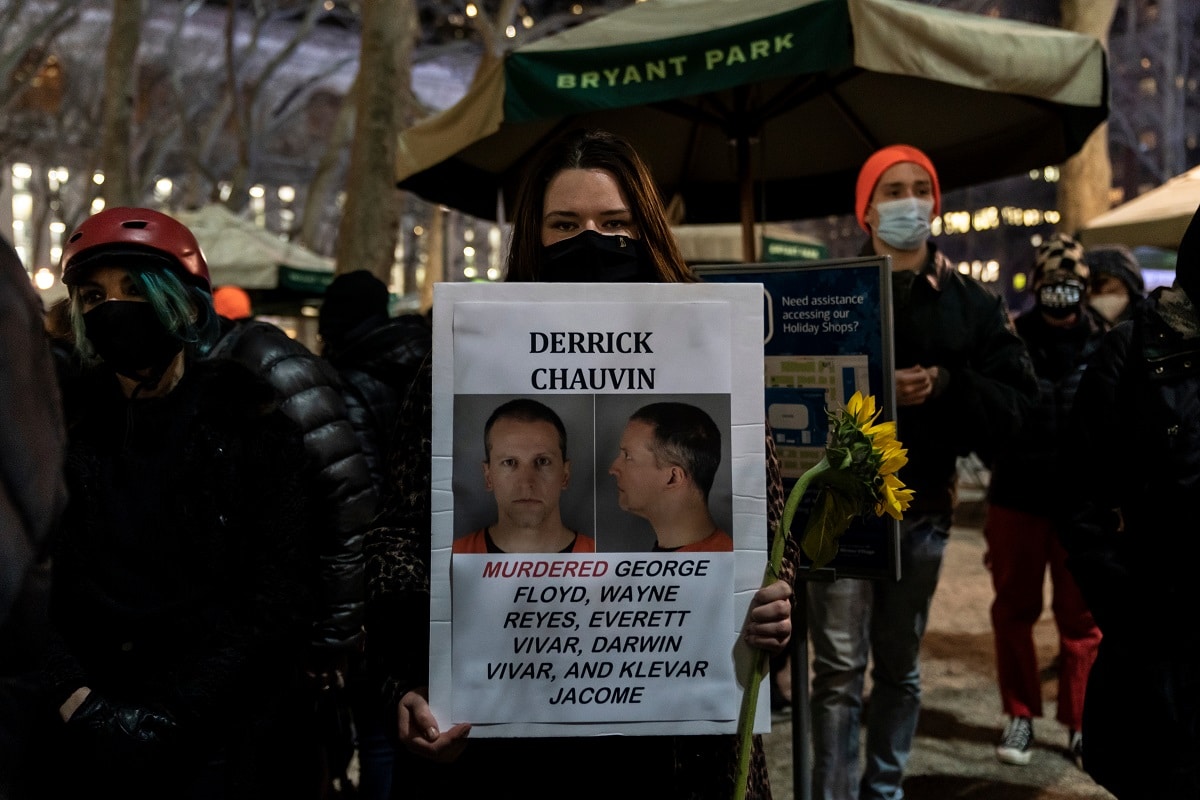The US Supreme Court has declined Derek Chauvin’s appeal, affirming the conviction of the former Minneapolis police officer for the murder of George Floyd, a pivotal moment in the fight against police brutality and racial injustice. Here’s the whole story.
Repeal Rejected
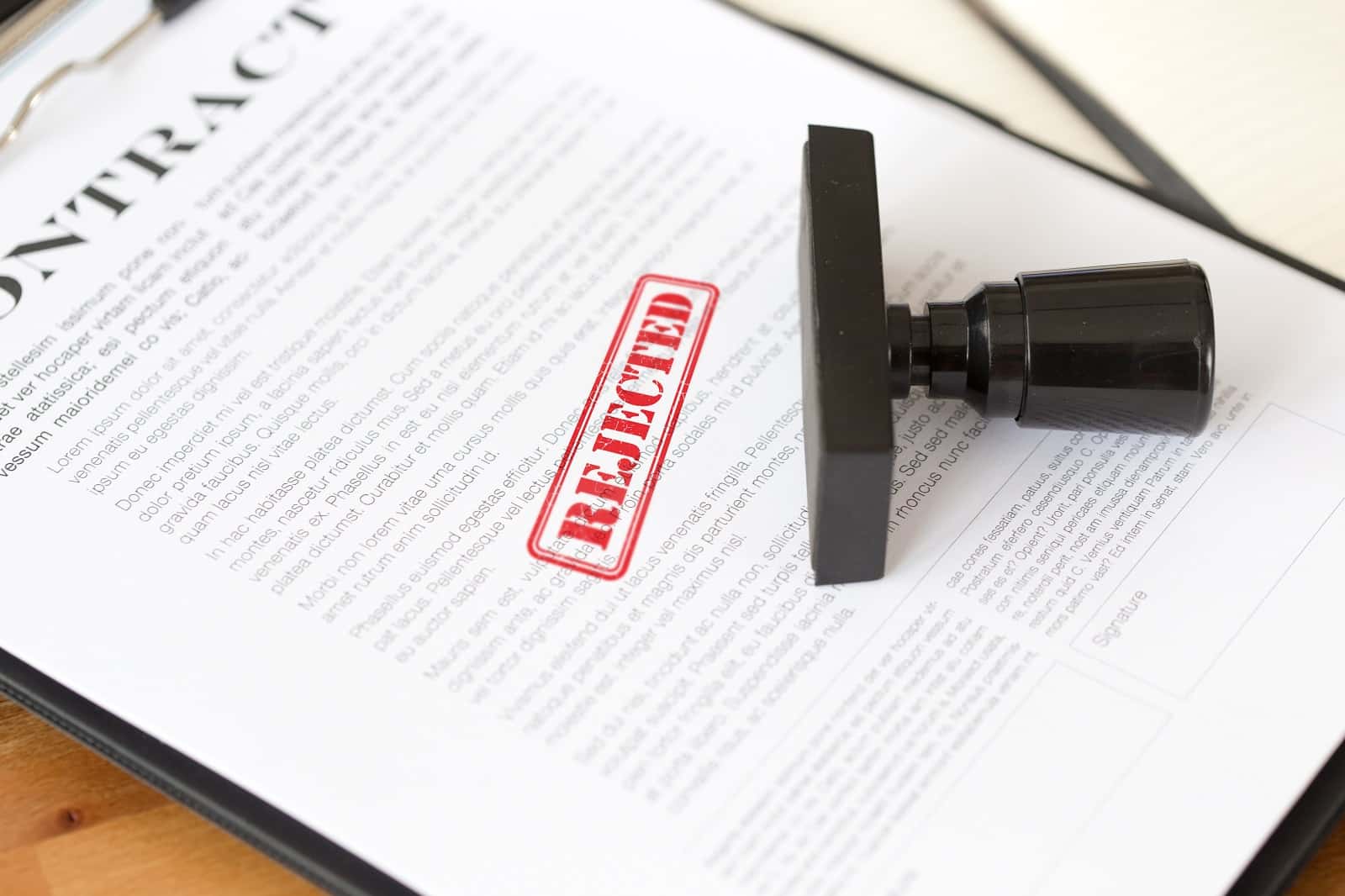
The US Supreme Court has rejected an appeal for Derek Chauvin, the former Minneapolis police officer convicted of the murder of George Floyd.
Conviction Upheld
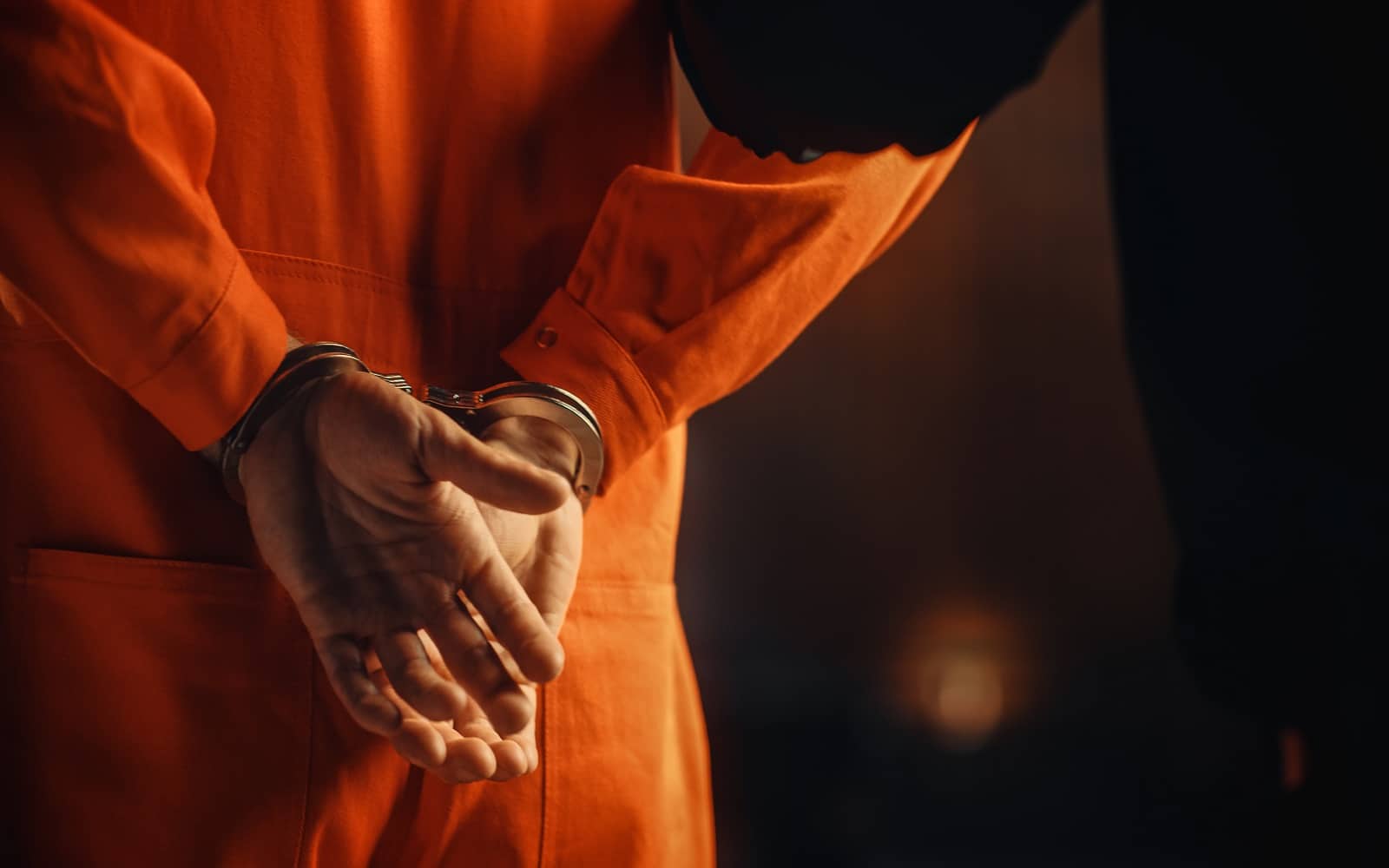
The decision upholds Chauvin’s second-degree murder conviction and a prison sentence of more than 20 years.
No Comment

Chauvin’s legal team had sought the Supreme Court’s intervention, claiming that he was denied a fair trial due to pretrial publicity and alleging juror misconduct. The court did not provide any comment on its decision.
Video Evidence

The appeal stemmed from Chauvin’s conviction in 2021, where he was found guilty of killing Floyd, a Black man, on May 25, 2020. The incident, captured on video by a bystander, sparked global protests against police brutality and racism.
Nine and a Half Minutes
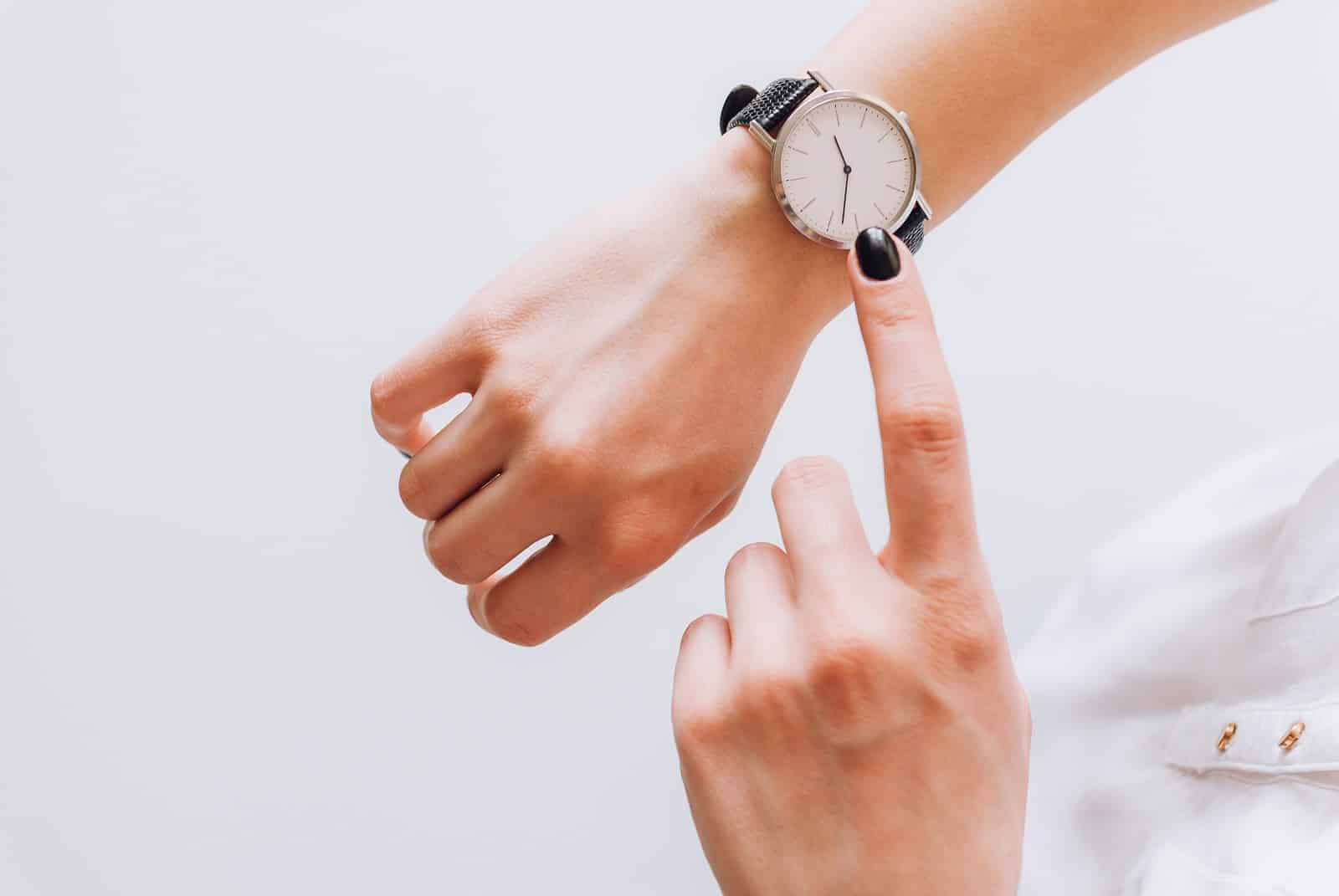
Chauvin, a white officer, had pressed his knee on Floyd’s neck for nine and a half minutes, leading to Floyd’s death.
“I Can’t Breathe”
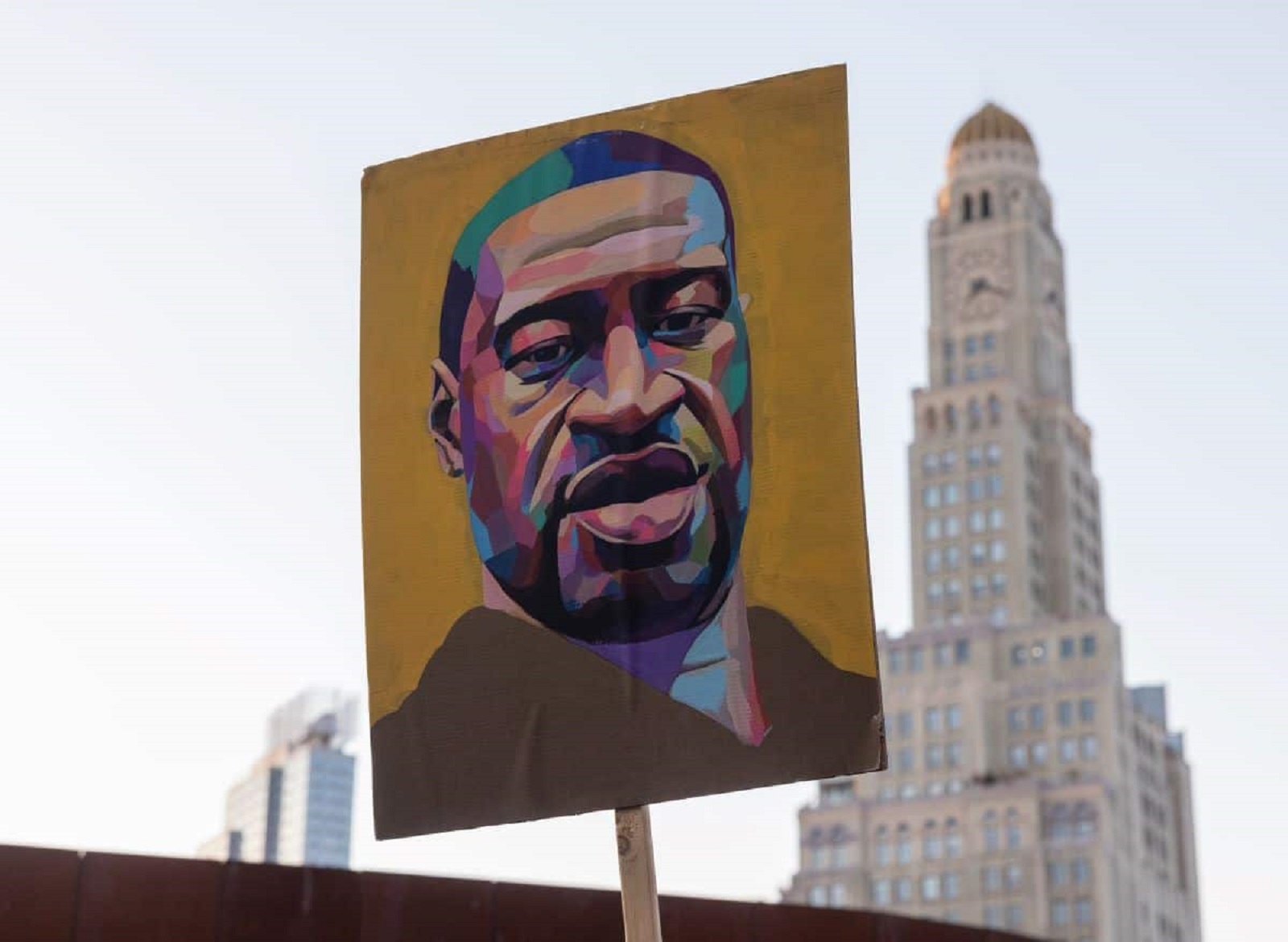
Floyd’s final moments, including his pleas for help and saying, “I can’t breathe,” became a powerful symbol for the Black Lives Matter movement.
Publicity Bias

Chauvin’s defense argued that he did not receive a fair trial due to pretrial publicity bias. They also raised concerns about juror misconduct, suggesting that the jurors might have felt pressured to find Chauvin guilty to avoid public threats of violence.
Sentence Unchanged

The Supreme Court’s decision not to take up Chauvin’s appeal means that his conviction and sentence remain unchanged.
Igniting Protests
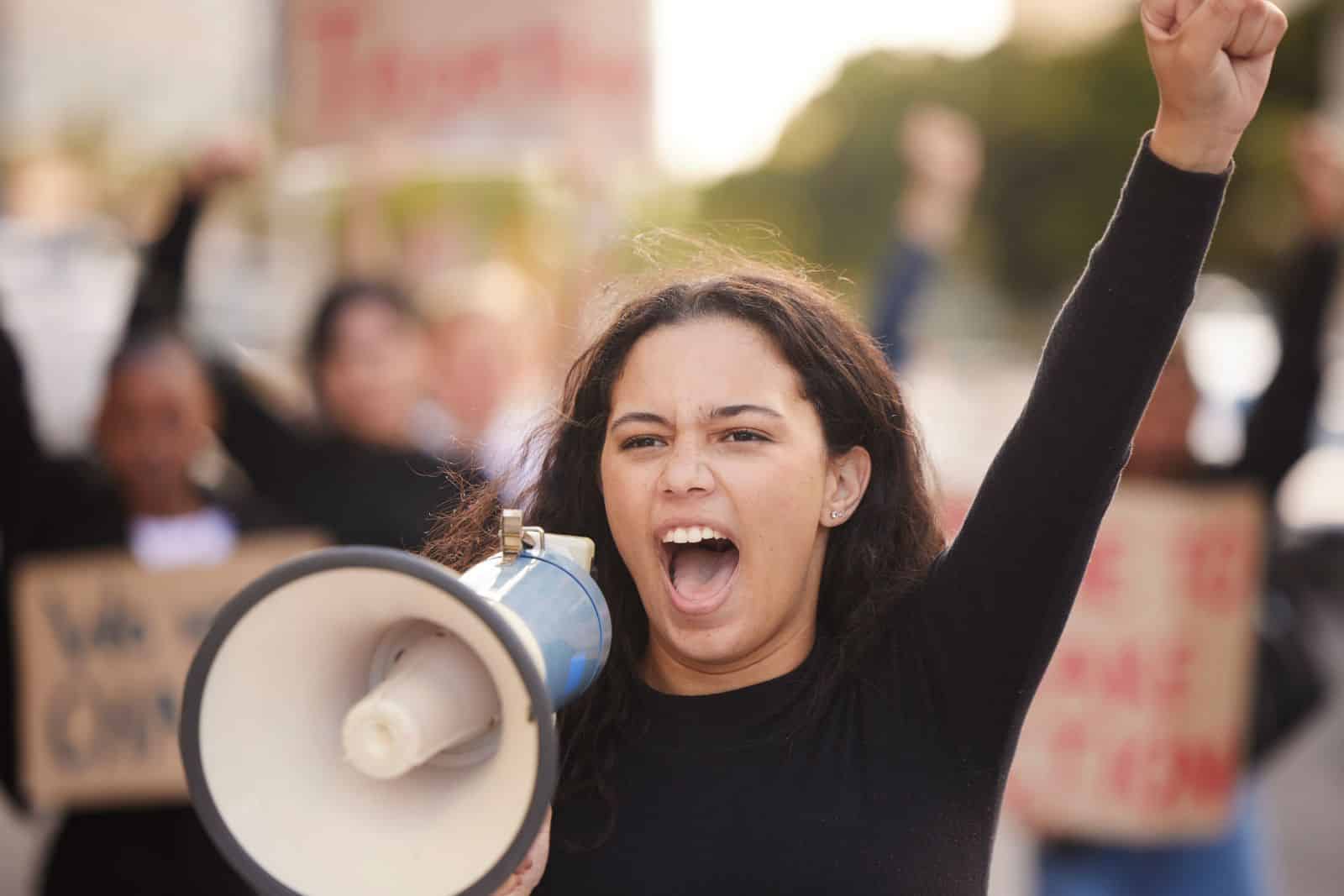
George Floyd’s murder prompted widespread calls for justice and an end to systemic racism in policing.
Lesser Sentences
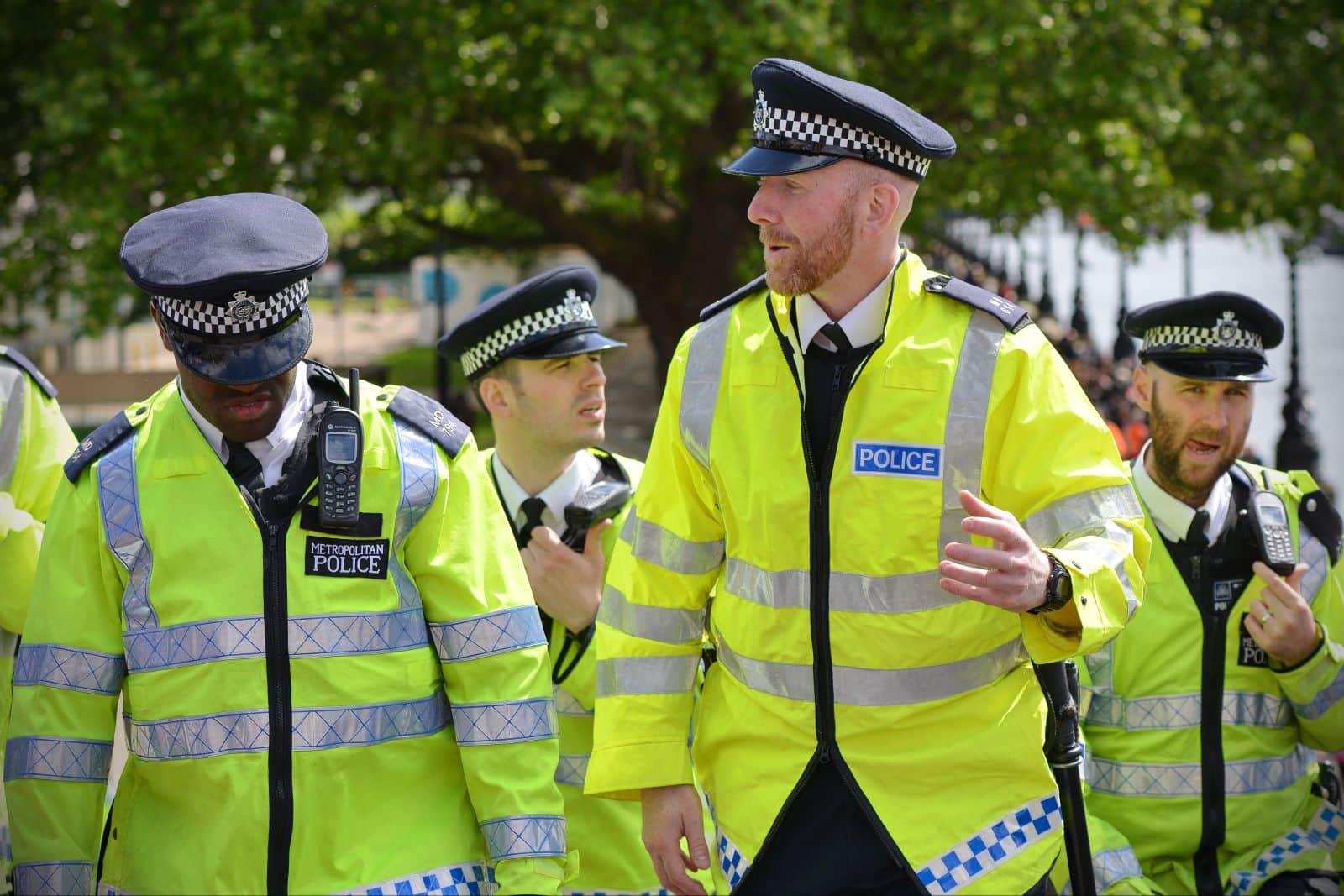
The three other former officers involved in Floyd’s death – J Alexander Kueng, Tou Thao, and Thomas Lane – received lesser state and federal sentences.
Separate Appeals
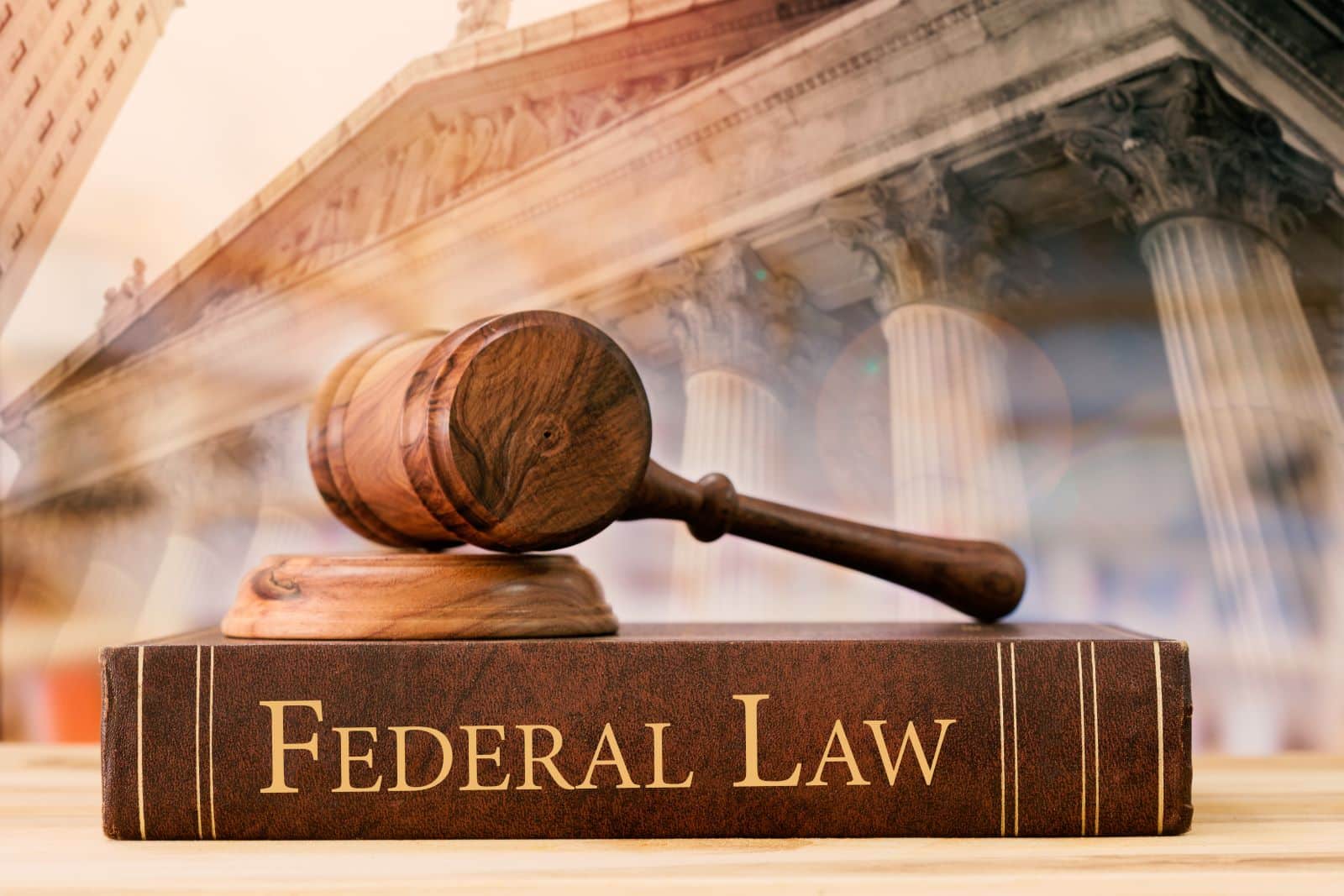
Chauvin is also separately appealing his conviction on federal civil rights charges.
Police Accountability
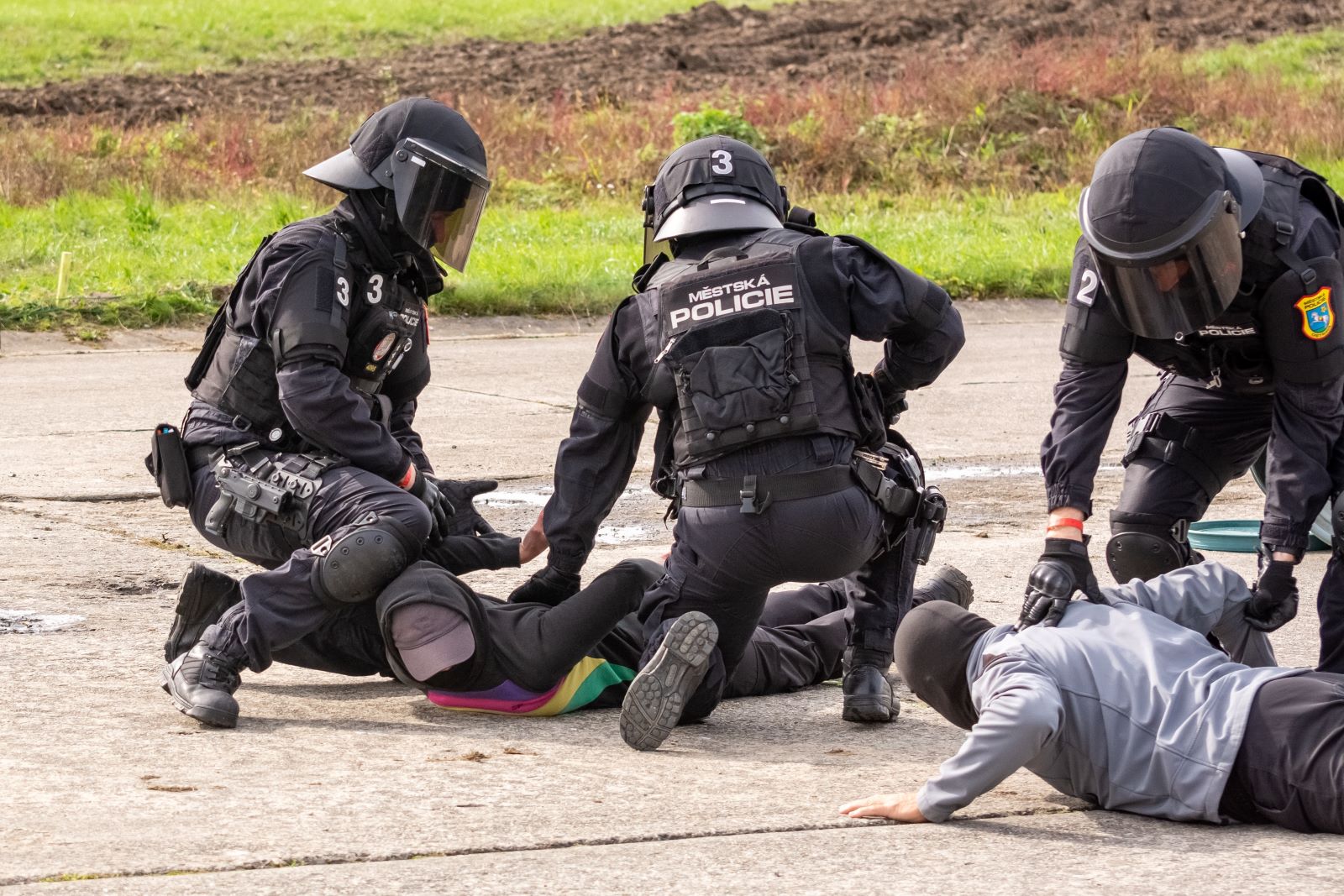
The rejection of Chauvin’s appeal by the Supreme Court marked a significant development in a case that drew global attention and ignited conversations about police accountability and racial injustice.
Focal Point
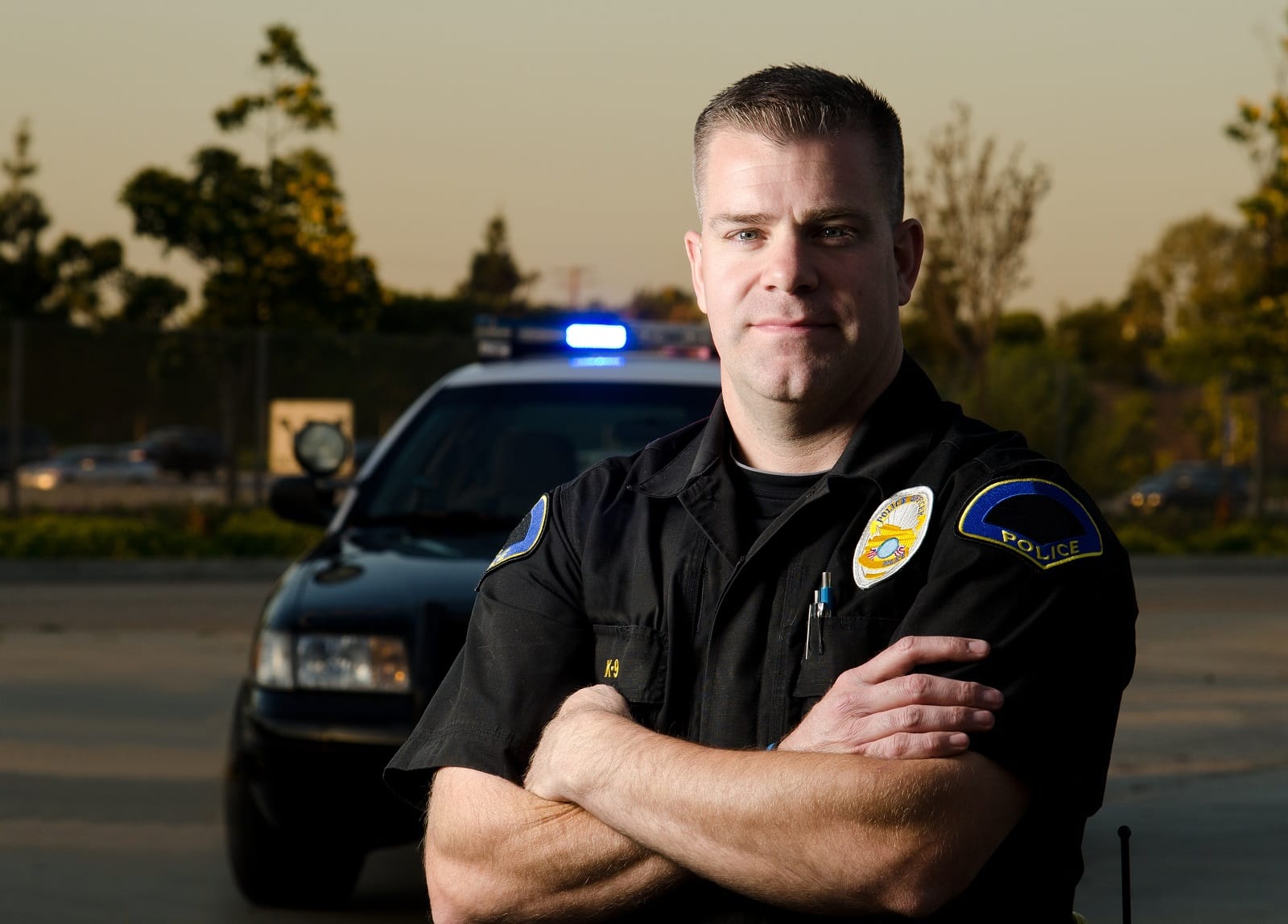
The decision reinforces the outcome of Chauvin’s trial, affirming the conviction for a crime that became a focal point in the ongoing fight against police violence and discrimination.
Hot Potato

The news led to much discussion online, with some speaking out in favor of the decision, while some urged caution.
One user, in a widely shared post, commented, “Even this far-right SCOTUS doesn’t want this hot potato. SCOTUS is really into self-preservation above all else. Overturning this case would end with them being dragged out into the streets.”
Due Process Rights

Others online pointed out that the lawyer for Chauvin was just fulfilling their duties to their client, with one such poster commenting, “The goal in criminal defense is to ensure that the defendant isn’t deprived of their due process rights and that the system works ‘fairly.’ We know going in that these types of claims have little chance to succeed, but it is usually worthwhile to put forth the argument even if the tiniest sliver of merit exists with the argument. If we are willing to deprive one person of their rights that just makes it easier to deprive others of their rights.”
The post Chauvin’s Appeal Rejected – Conviction and Sentence Remain Unchanged first appeared on Wealthy Living.
Featured Image Credit: Shutterstock / lev radin. The people shown in the images are for illustrative purposes only, not the actual people featured in the story.

